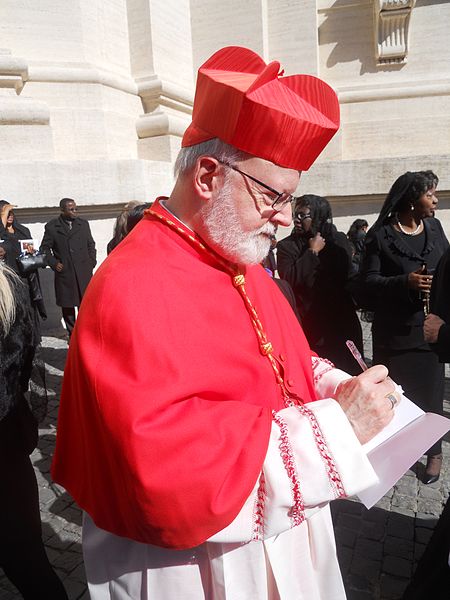In a world where the pope fields questions from reporters on his airplane, it’s easy to overlook the significance of a press conference held by a mere cardinal, but the one Seàn O’Malley held Saturday was a landmark. For the first time, a Roman hierarch served notice that church leaders would be held accountable for covering up cases of sex abuse.
By way of discussing the progress of the first meeting of Pope Francis’ special commission on child abuse, O’Malley, the commission’s de facto head, put it this way:
Our concern is to make sure that there are clear and effective protocols to deal with situations where superiors of the church have not fulfilled their obligations to protect children. There are, theoretically I guess, canons that could apply here but obviously they have not been sufficient.
In other words, what we can expect from the commission is a formal process for disciplining bishops who don’t follow proper procedures for handling reported cases of sex abuse. And what will those procedures be?
Asked to comment on a recent statement from the Italian bishops conference that bishops are not under a legal obligation to report accusations to civil authorities, O’Malley replied, “Obviously, accountability should not be dependent upon legal obligations in the country when we have a moral obligation.”
In other words, the fact that legal obligations vary from country to country will not affect the standard of accountability recommended by the commission. It can be expected to put forward norms for handling abuse cases that set a floor under what bishops will be required to do.
O’Malley made clear that the commission’s own work would be formalized by drafting statutes for the pope’s approval to clarify its “nature, structure, activity and the goals.” These will solidify the commission’s authority; equally, by holding this initial news conference, O’Malley signaled that he and his fellow commissioners will make their recommendations publicly. And for that reason, they will prove difficult to reject.
To be sure, this is no guarantee that the Vatican will do what’s needed to resolve the greatest crisis to face the Catholic church since the Reformation. As Marie Collins, the commissioner who is the world’s best known victim of priest abuse, said at the press conference, “It’s very early days yet.”
But O’Malley has set the bar.






